9 GPTs for Structural Engineering Powered by AI for Free of 2025
AI GPTs for Structural Engineering are advanced artificial intelligence tools, specifically designed to assist in the tasks and challenges encountered in structural engineering. These tools utilize Generative Pre-trained Transformers (GPTs) to offer tailored solutions, leveraging vast amounts of data and sophisticated algorithms to simulate, analyze, and predict structural behaviors. By integrating GPTs, these tools provide innovative approaches to design, analysis, and problem-solving in structural engineering, making complex computations and data interpretation more accessible and efficient.
Top 8 GPTs for Structural Engineering are: Concrete,Material Master,钢结构稳定性研究,Builders' Assistant,Building Materials,HydroTech Pro,KDS Wind Load Expert,Watertight-bulkhead technology of Chinese junks
Concrete
Empower Your Builds with AI-Driven Concrete Insights
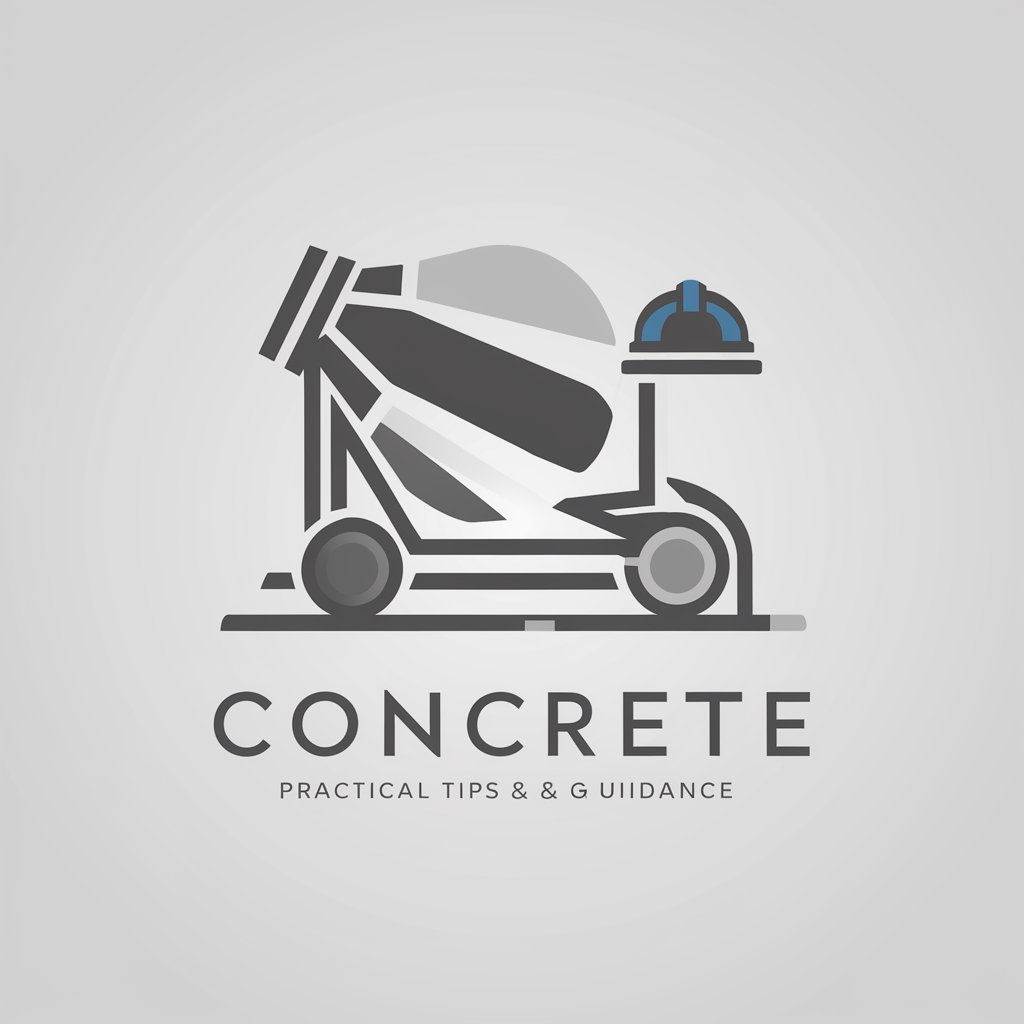
Material Master
Empowering Engineers with AI-Powered Material Insights
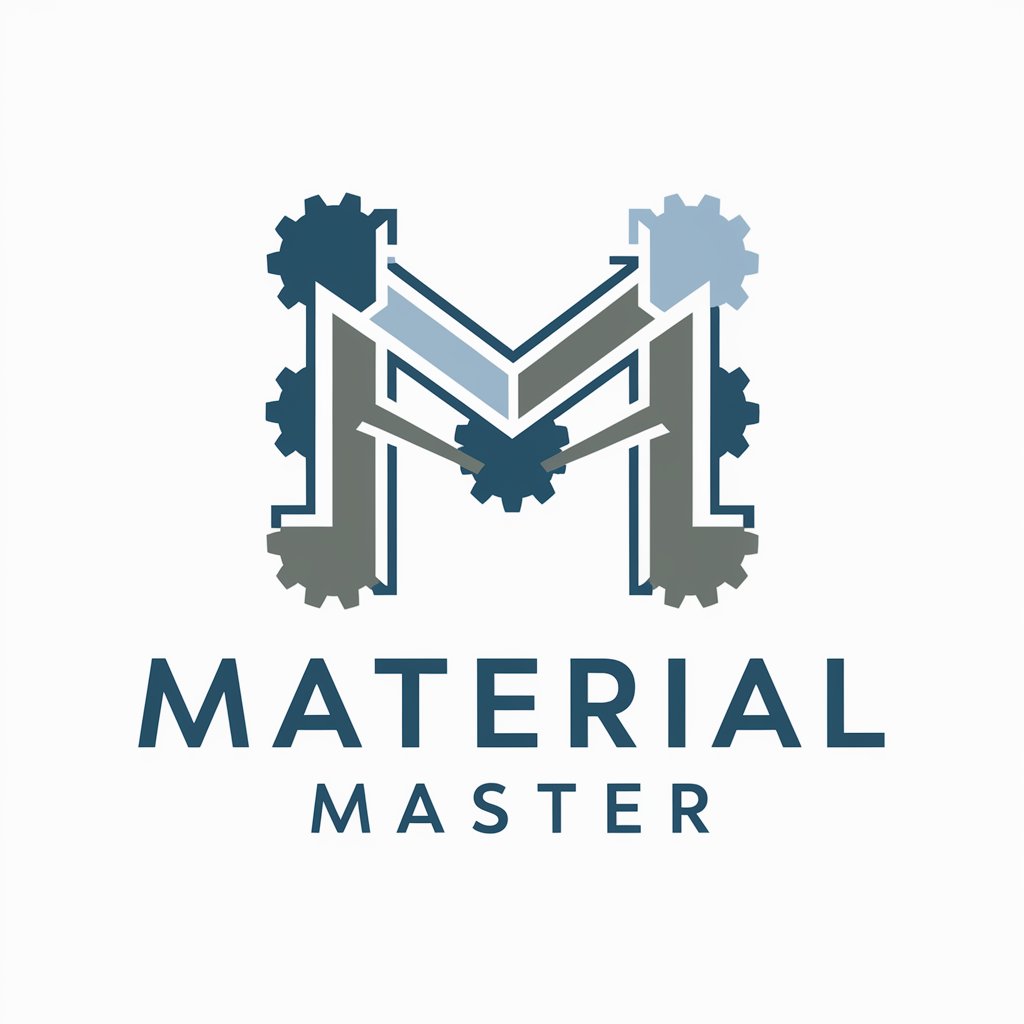
钢结构稳定性研究
Empowering Structural Insights with AI
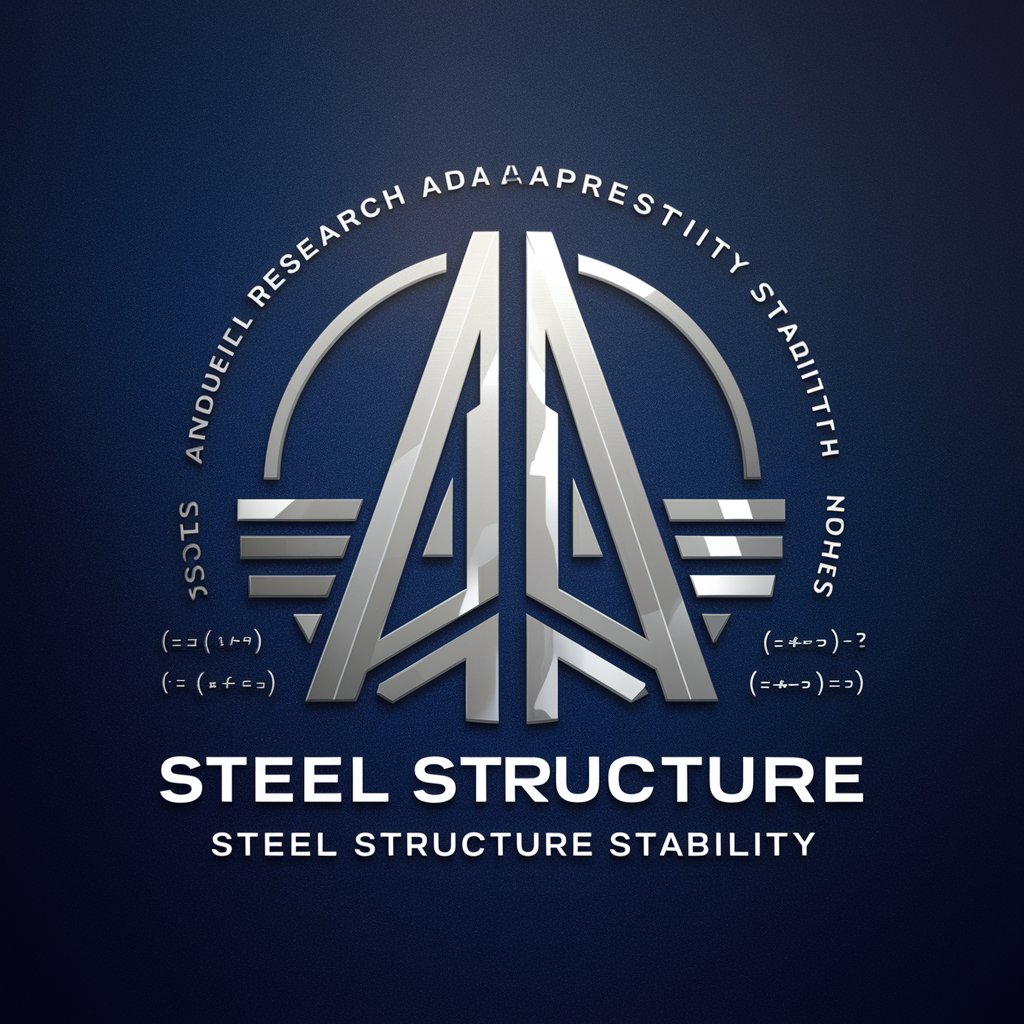
Builders' Assistant
AI-Powered Construction Advisor
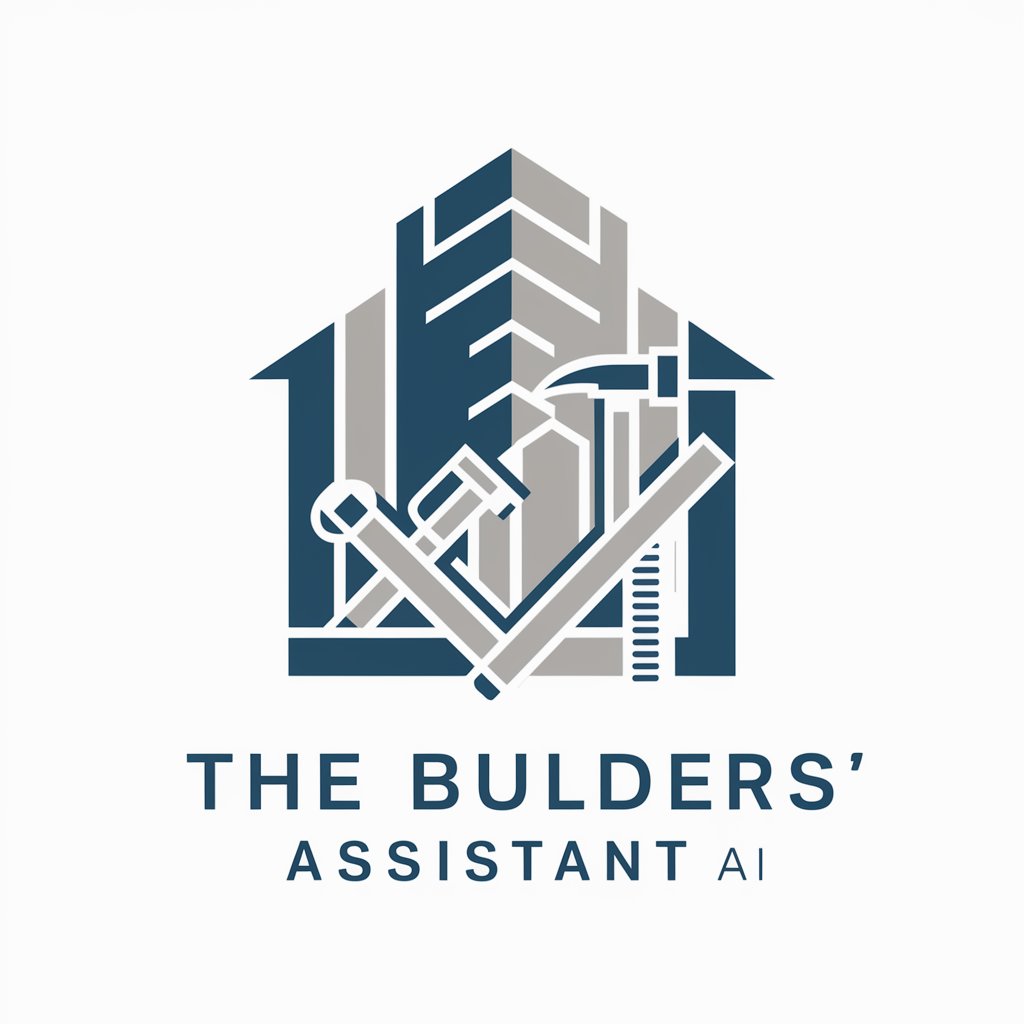
Building Materials
Empowering construction with AI-driven material insights
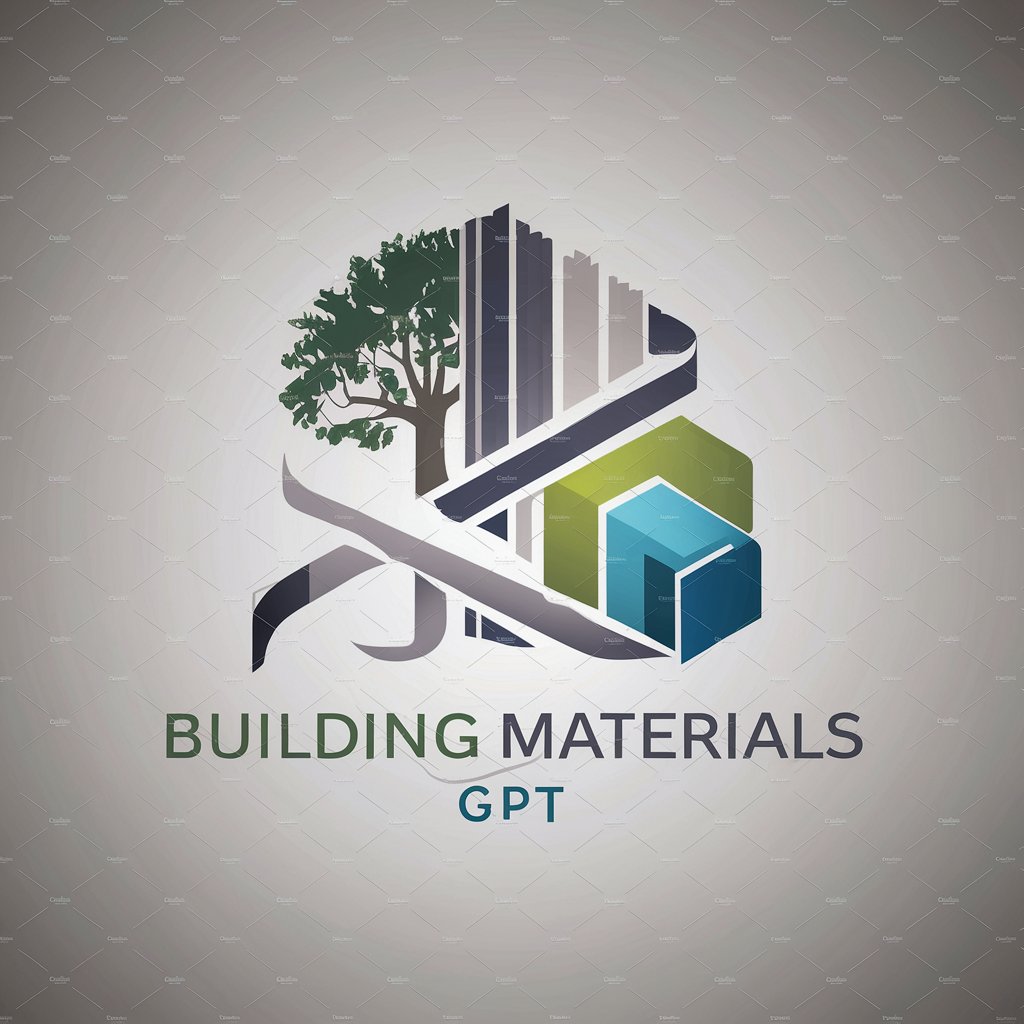
HydroTech Pro
Empowering engineering with AI-driven insights

KDS Wind Load Expert
Optimize designs with AI-powered wind analysis.

Watertight-bulkhead technology of Chinese junks
Reviving Ancient Shipbuilding Wisdom

Key Attributes and Functionalities
AI GPTs for Structural Engineering are characterized by their adaptability and scalability, catering to a wide range of functions from simple design calculations to complex predictive modeling. They feature advanced language understanding for interpreting technical documents, support for technical queries, web searching for the latest research and codes, image analysis for structural inspections, and data analysis capabilities for large datasets. Special features may include real-time collaboration tools, integration with CAD software, and customization options for specialized engineering applications.
Who Benefits from Structural Engineering AI
These AI GPTs tools are invaluable to a diverse audience within the structural engineering domain, including students, educators, professional engineers, and researchers. They offer an intuitive interface for novices without programming skills, while providing advanced users with APIs and customization options for deeper analysis and integration into existing workflows, thus broadening the scope of users from educational settings to professional project management.
Try Our other AI GPTs tools for Free
Cinematic RPG
Explore the transformative power of AI GPTs in Cinematic RPGs, designed to elevate storytelling and gameplay through dynamic narratives and responsive game worlds.
State Taxes
Discover how AI GPTs for State Taxes revolutionize tax compliance and planning with personalized, data-driven insights and user-friendly interfaces.
Penalty Avoidance
Discover AI GPT tools for Penalty Avoidance: tailored solutions for navigating regulatory challenges and avoiding penalties with advanced AI insights and compliance strategies.
Product Bundling
Discover how AI GPTs revolutionize product bundling with tailored, data-driven strategies that enhance customer satisfaction and boost sales.
Cross-Selling
Explore AI GPTs for Cross-Selling: Transform your sales strategy with AI-powered tools designed to provide personalized product recommendations and maximize cross-sell opportunities.
Customs Explainer
Discover AI-powered GPTs for Customs Explainer, designed to simplify international trade regulations and compliance. Tailored for traders and logistics, these tools provide real-time insights and guidance.
Expanding Horizons with AI in Structural Engineering
AI GPTs are revolutionizing structural engineering, offering more than just computational tools. They provide a platform for collaboration, innovation, and education, making complex engineering challenges more manageable. With user-friendly interfaces and the ability to integrate into existing systems, these tools are setting a new standard for how engineers approach design and analysis, paving the way for smarter, more resilient structures.
Frequently Asked Questions
What exactly are AI GPTs for Structural Engineering?
AI GPTs for Structural Engineering are specialized AI tools designed to support various aspects of structural engineering, utilizing advanced algorithms to provide tailored solutions for design, analysis, and problem-solving.
How can these tools enhance structural engineering tasks?
These tools enhance structural engineering tasks by automating complex calculations, providing predictive modeling, interpreting technical documents, and offering innovative design solutions, thereby increasing efficiency and accuracy.
Are these tools suitable for those without a background in programming?
Yes, these tools are designed with user-friendly interfaces that require no programming background, making them accessible to students and professionals alike.
Can experienced engineers customize these AI GPTs tools?
Experienced engineers can leverage APIs and programming interfaces to customize and integrate these tools into their existing workflows, tailoring them to specific project needs.
Do these tools integrate with existing structural engineering software?
Many AI GPTs for Structural Engineering are designed to integrate seamlessly with popular structural engineering software, enhancing their capabilities with AI-driven insights.
How do these tools handle real-world structural engineering data?
These tools are equipped to process and analyze large datasets, including structural models, material properties, and load data, using advanced data analysis techniques to derive meaningful insights.
Can these AI tools assist in structural inspections?
Yes, some AI GPTs tools are equipped with image recognition capabilities to assist in structural inspections, identifying potential issues from images or drone footage.
What are the future prospects for AI in structural engineering?
The future of AI in structural engineering is promising, with ongoing advancements in AI technology expected to further enhance predictive modeling, real-time monitoring, and automated design optimization.